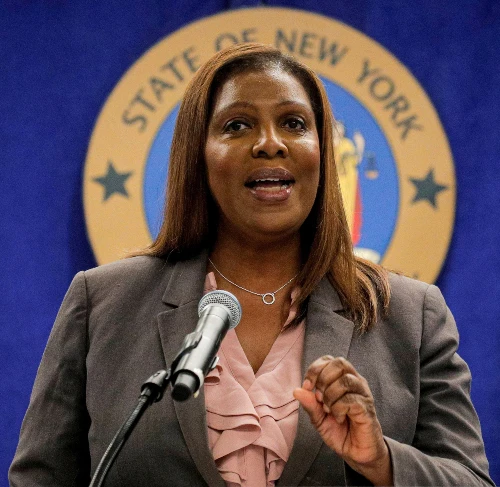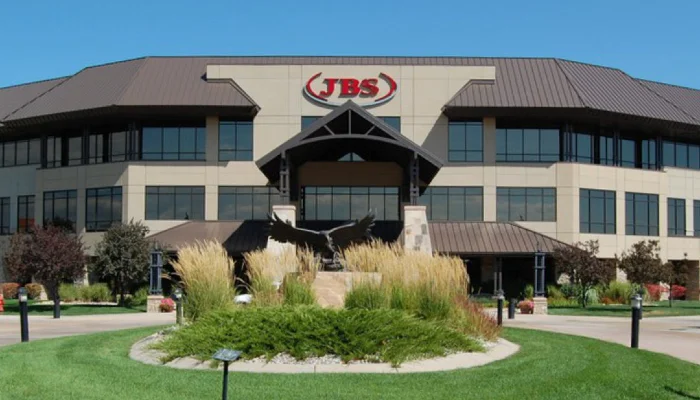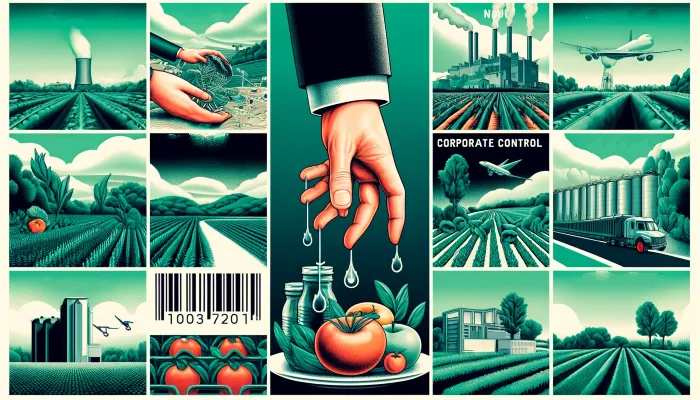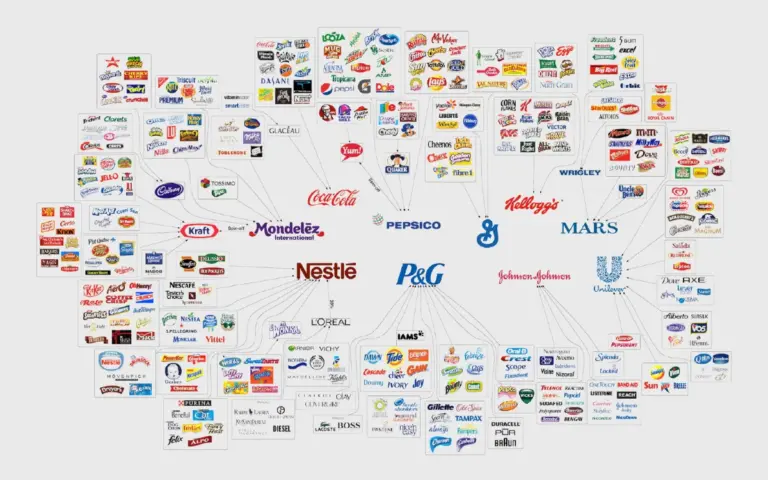New York’s Attorney General Letitia James has launched a lawsuit against JBS, a leading beef producer, accusing the company of falsely marketing its climate change initiatives. The suit, filed in state court, targets JBS’s claim to significantly reduce its greenhouse gas emissions over the next decade—a pledge that prosecutors argue is not backed by a viable plan.
“When companies falsely advertise their commitment to sustainability, they are misleading consumers and endangering our planet. JBS USA’s greenwashing exploits the pocketbooks of everyday Americans and the promise of a healthy planet for future generations,” James stated.
She emphasized that such actions deceive consumers and jeopardize the planet’s future.

JBS had announced in 2021 its ambition to achieve net-zero emissions by 2040, asserting that “Agriculture can and must be part of the global climate solution.” CEO Gilberto Tomazoni highlighted the company’s commitment to innovation and collaboration towards this goal.
However, New York prosecutors challenge the feasibility of JBS’s promise, pointing out the absence of proven methods to eliminate agriculture emissions on such a large scale and noting the prohibitive cost of offsetting emissions through carbon credits.
The lawsuit comes amid increasing scrutiny over JBS’s environmental claims, especially as the company considers entering the U.S. stock market. In 2023, the National Advertising Division (NAD) advised JBS to withdraw its net-zero advertising until it could demonstrate a concrete plan to achieve these targets. The NAD’s review panel later affirmed this decision, indicating that JBS was still in the preliminary stages of addressing its climate pledge.
James is asking a court to force JBS USA to end its “Net Zero by 2040” campaign and to return all profits that are “traceable to its fraudulent, deceptive, or illegal acts or practices.”
The prosecutor’s office is also seeking civil penalties of up to $5,000 per violation.
The case reflects broader concerns over the credibility of corporate net-zero commitments, with many companies facing criticism for lacking clear strategies to reduce or offset their emissions.




















